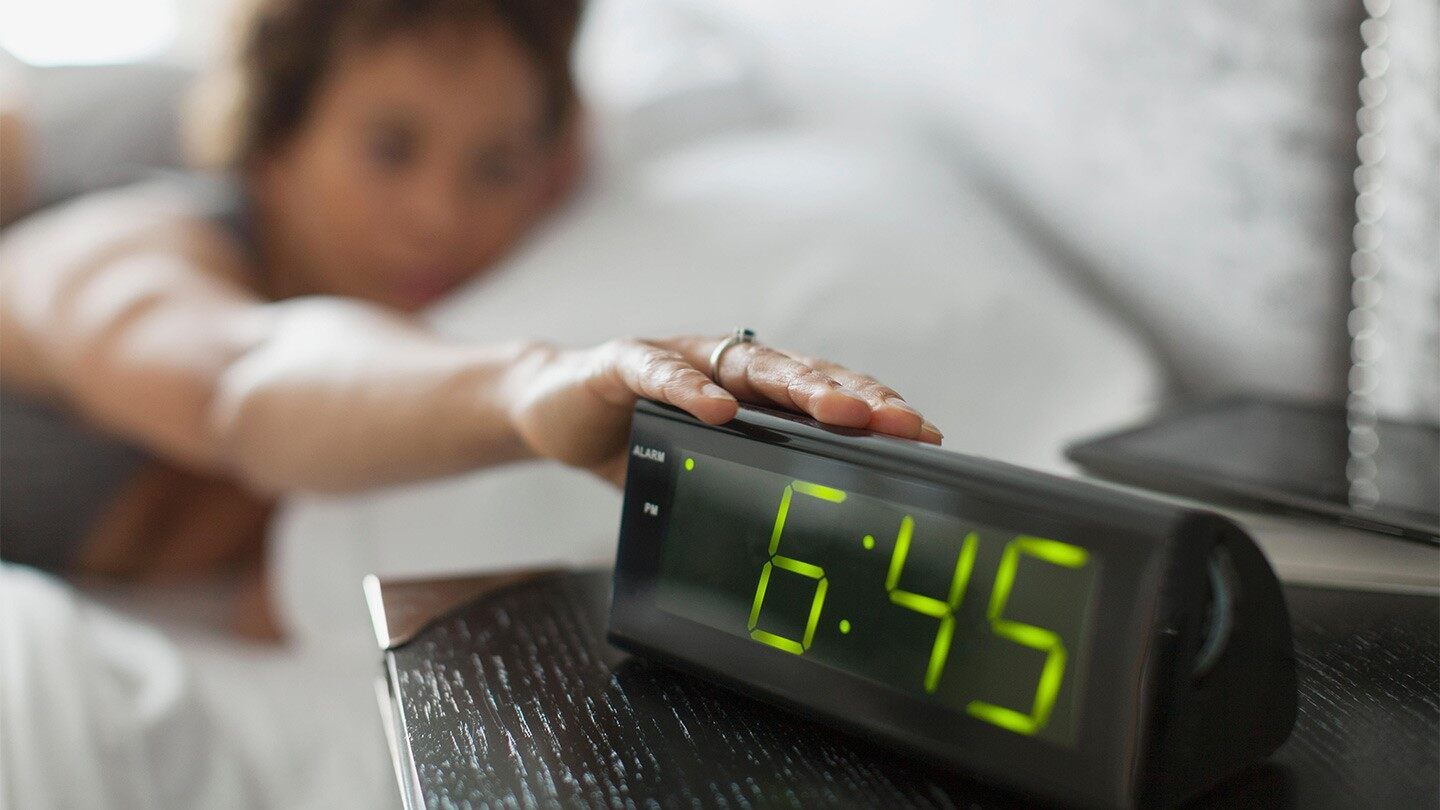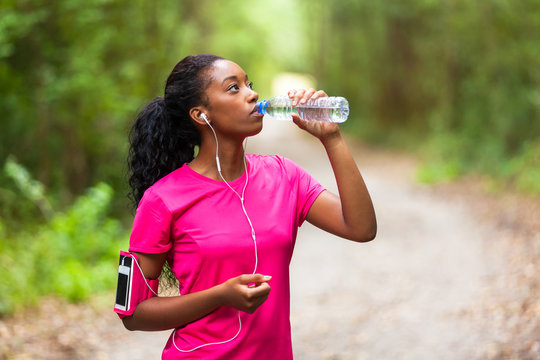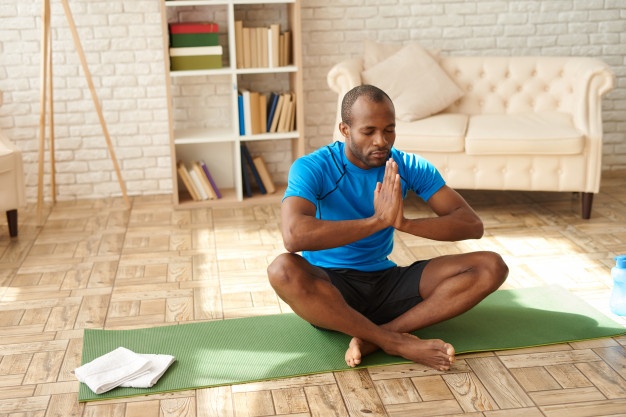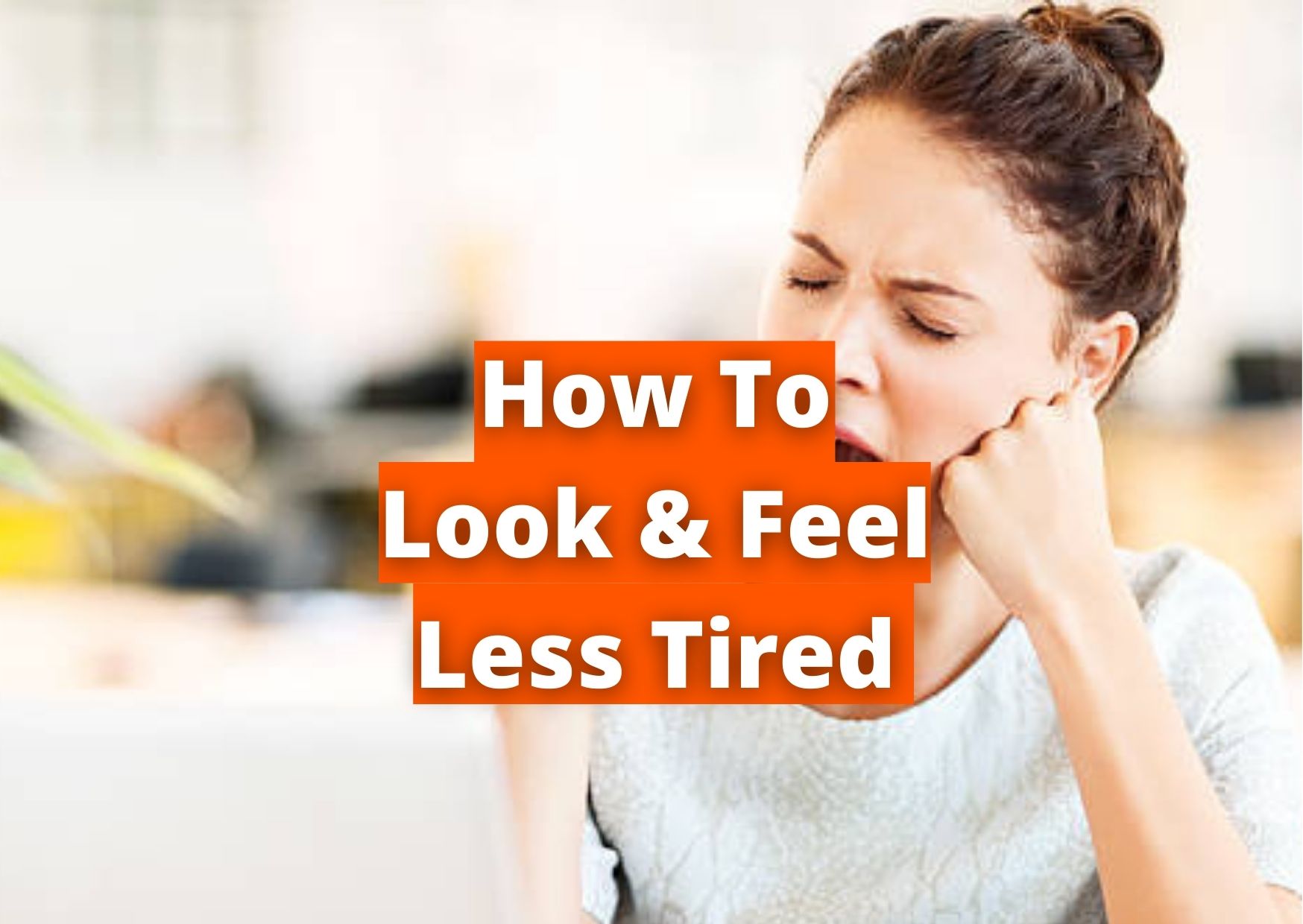5 Tips To Look And Feel Less Tired
Do you often look and feel tired?
Well, you are not alone! According to Aviva, as many as 16 million UK adults are suffering from sleepless nights. Also, a third (31%) say they have insomnia and almost half (48%) agree they don’t get the right amount of sleep.
The obvious solution to appear and feel less tired is to have a decent amount of sleep (7 hours and above). But we know that can be difficult for some. Therefore, this article will contain tips to help you feel more refreshed when you wake up in the morning and help you look and feel less tired!
So, why are you tired?
Psychological causes
- Stress
- A bereavement
- Depression
- Anxiety
Intense worry, grief, or fear make it difficult to fall and remain asleep during the night. Though after falling asleep, people may awaken in the middle of the night with these intense emotions. Settling back to sleep might be tough once their thoughts begin to race with worry, sadness, or fear. This could result in sleep fragmentation, which reduces both the quantity and quality of sleep. Sleep deprivation can also exacerbate these psychological causes, triggering a vicious cycle including insomnia and mental health issues.
Physical causes
- pregnancy – particularly in the first 12 weeks
- being overweight or obese – your body has to work harder to do everyday activities
- being underweight – poor muscle strength can make you tire more easily
Pregnancy can cause physical discomfort, hormonal changes, and the thrill and worry of being a new mother all contribute to a slew of sleep issues. Pregnant mothers may have back pain and difficulty finding a comfortable position to support the increasing baby bulge as time passes, especially when the baby begins to kick at night. According to the journal Obstetrics & Gynecology, at least half of pregnant women suffer from insomnia.
Obesity, according to researchers, may alter metabolism and/or sleep-wake cycles in such a manner that sleep hygiene declines. It’s also conceivable that the physical impacts of carrying the excess itself can have an influence on the quality of sleep.
A lack of muscle strength can lead to poor sleep quality and short sleep duration. Sleep is important for muscle mass and when there is a lack of sleep the cycle continues. As a basic guideline, a balanced diet consisting mostly of a range of vegetables and fruits can supply the required daily consumption of vitamins and minerals. This will improve sleep and provide a healthy weight.
Lifestyle causes
- Excessive alcohol intake
- A lack of exercise
- Excessive caffeine
Alcohol contains sedative properties that can make you feel sleepy and relaxed. However, it has also been related to poor sleep quality and duration, especially when consumed in excess. Insomnia is a typical symptom of those who have alcohol use disorders. Sleepers who consume significant amounts of alcohol before going to bed are more likely to experience delayed sleep onset. This means they take longer to fall asleep. These people are more prone to have sleep disturbances when their liver enzymes metabolize the alcohol over the night and their blood alcohol level drops.
An exhausted person may not feel able to exercise, and a lack of exercise might lead to even more weariness. Deconditioning can occur as a result of a lack of exercise, making physical tasks more difficult and exhausting.
Caffeine has been shown to affect the beginning of sleep as well as sleep time, efficiency, and contentment. It shortens the time spent in slow-wave sleep, a deep, restorative stage of sleep that leaves us feeling refreshed and alert in the morning. Caffeine-interrupted sleep can cause sleep deprivation the next day, resulting in tiredness and difficulties with learning, memory, problem-solving, and emotional control.
So here are 5 tips to help you look and feel less tired

Set a strict bedtime schedule
Your brain begins to wind down for sleep a few hours before bedtime as part of your natural sleep-wake cycle. You can improve the effectiveness of this technique by including it into your night routine. First, pick a bedtime and a wake-up time that you can keep to every day. When you stick to a consistent sleep schedule, your brain learns to feel sleepy when it’s time to go to bed.
Next, choose a time each night to begin your sleep ritual, anything from 30 minutes to 2 hours before bedtime. If necessary, set an alarm. Also, if you have an iPhone, you could use the ‘Bedtime app’ to track your sleeping schedule.

Limit the intake of alcohol, nicotine and caffeine
You should limit the amount of alcohol and caffeine that you intake and avoid it for at least 4 hours before going to sleep.
You may think that having a cigarette before bed or in the middle of the night relaxes you, but this is not the case. Nicotine is a stimulant and makes it harder to fall asleep and to stay asleep. Cigarettes should ideally be avoided altogether, and certainly for at least 2 hours before bed.

Drink water
Staying well-hydrated is critical to our optimum health and survival. People who are severely dehydrated typically feel exceedingly sleepy, sluggish, or fatigued. Other dehydration symptoms, such as headaches, dry mouth and nasal passages, and muscular pains, also make it difficult to sleep properly.
Water should be sipped regularly throughout the day scheduling a reminder if you have a hard time remembering to drink water. You could also use a water bottle to have a drink easily accessible and to track how much water you’ve consumed. However, you should reduce water consumption an hour or two before bed. This is because taking in large quantities of any beverage in the lead-up to bedtime can cause frequent urination at night.

Exercise regularly
Exercising improves sleep for many people. Specifically, moderate-to-vigorous exercise can increase sleep quality for adults. It can reduce their sleep onset and decrease the amount of time they lie awake in bed during the night. Additionally, physical activity can help alleviate daytime sleepiness and, for some people, reduce the need for sleep medications.
If you are an employer looking to liven up your employees to boost their motivation and productivity, you can now enquire about Loving Life’s tailored online energy sessions.

Reduce stress
Healthy coping strategies that reduce emotional avoidance include meditation and simple breathing exercises. This can reduce stress and tension in the body, lower stress hormone levels, and help sleep come more easily. Problem-solving can also be a way to reduce stress. However, it can be stimulating and should be done earlier in the day rather than before bed.
If you are an employer and want to teach your employees how to cope with stress, you can now enquire about Loving Life’s coping with stress webinar.

